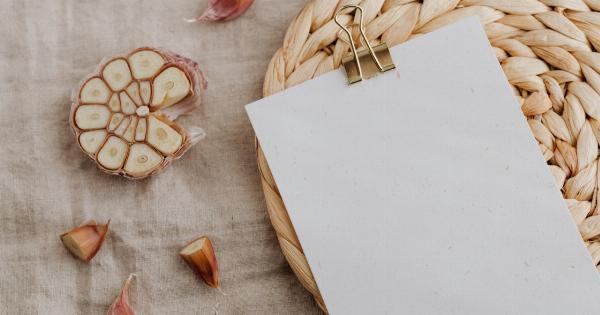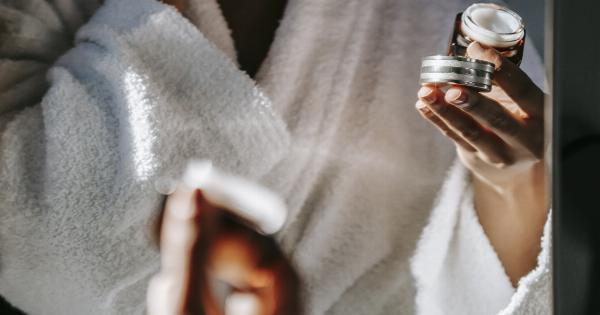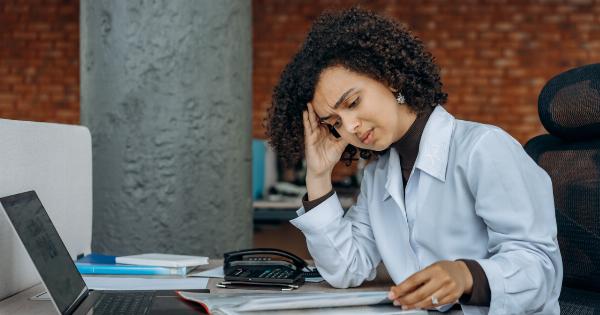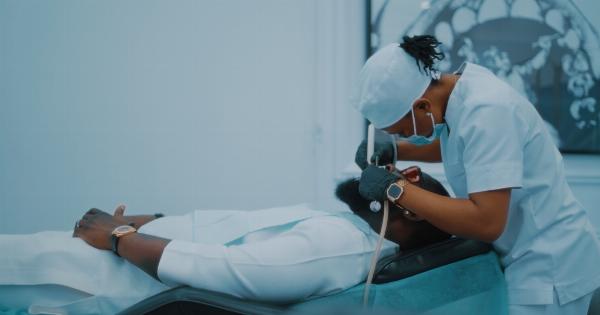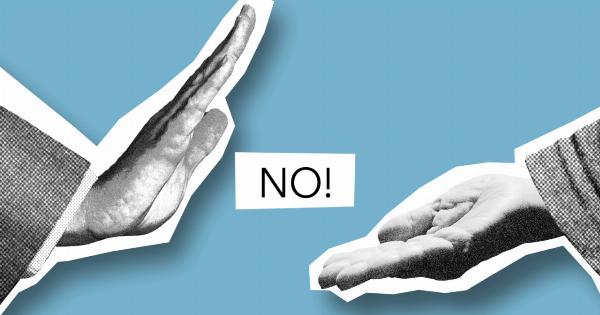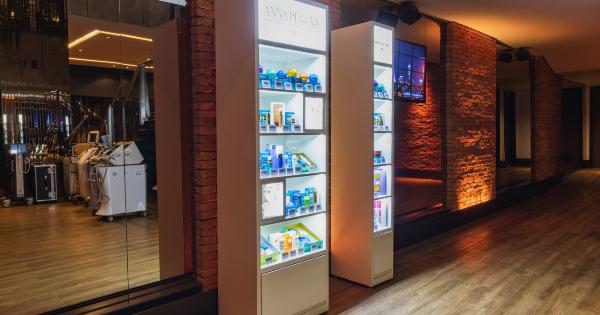Hiccups may seem harmless, but they can be quite annoying and uncomfortable, especially when they continue for an extended period. Hiccups are involuntary contractions of the diaphragm muscle, which result in sudden closure of the vocal cords.
While hiccups usually resolve on their own, there are several quick and easy fixes that you can try to stop them in their tracks. In this article, we will explore ten effective methods to get rid of hiccups swiftly.
1. Drink Water
The most common and simplest remedy for hiccups is sipping on a glass of water. The act of swallowing interrupts the pattern of diaphragm contractions, thus stopping hiccups. Take small sips of water without pausing between swallows for maximum effect.
2. Hold Your Breath
Another popular hiccup remedy is holding your breath. To do this, take a deep breath, hold it for as long as comfortable, and then exhale slowly. This technique helps regulate your breathing and can put an end to hiccups.
3. Gargle with Cold Water
Gargling with cold water can provide relief from hiccups. The shock of the temperature change can interrupt the hiccup cycle and reset the diaphragm muscle. Take a mouthful of cold water and gargle for a few seconds before spitting it out.
4. Bite on a Lemon
The sour taste of lemon can stimulate the nerves responsible for swallowing and halt hiccups. Cut a lemon slice, bite into it, and suck on it for a few seconds.
You can also try sucking on a lemon wedge sprinkled with a pinch of salt for added effectiveness.
5. Apply Pressure on the Diaphragm
Applying pressure on the diaphragm can help stop hiccups. Take a deep breath and then press your thumbs firmly into the diaphragm, located just below the breastbone. Maintain the pressure for a few seconds and exhale slowly.
Repeat this process a couple of times if necessary.
6. Swallow a Teaspoon of Sugar
Eating a teaspoon of sugar can significantly alleviate hiccups. The grainy texture of sugar stimulates the vagus nerve, which plays a role in controlling diaphragm contractions. Allow the sugar to dissolve in your mouth before swallowing.
7. Breathe into a Paper Bag
Breathing into a paper bag increases the carbon dioxide content in your blood, which can regulate the diaphragm and stop hiccups. Place your mouth over the opening of a paper bag and breathe slowly and deeply for a minute or two.
8. Distract Yourself
Hiccups can sometimes be a result of nervousness or anxiety. Distracting yourself with a sudden activity or focusing your mind on something else can be an effective hiccup remedy.
Try solving a puzzle, counting backward from 100, or reciting the alphabet backward to divert your attention.
9. Pull Your Knees to Your Chest
Lying down and pulling your knees to your chest can help ease diaphragm spasms and halt hiccups. Lie flat on your back, bring your knees toward your chest, and hold them in that position for a minute or two.
This position reduces the pressure on the diaphragm, contributing to hiccup relief.
10. Try a Spoonful of Vinegar
Vinegar’s sour taste, similar to lemon, can stimulate the nerves associated with swallowing, potentially ceasing hiccups. Take a teaspoon of vinegar, such as apple cider or white vinegar, and swallow it slowly.
Be cautious not to consume excessive amounts of vinegar, as it can have adverse effects.
Conclusion
Hiccups can be bothersome, but with these quick fixes, you can get rid of them in no time.
Whether you prefer sipping water, holding your breath, or trying some unusual techniques like gargling with cold water, biting into a lemon, or swallowing sugar, there are numerous methods to choose from. Remember, though hiccups are usually harmless, persistent hiccupping may be a sign of an underlying medical condition.
If your hiccups last for more than 48 hours or significantly disrupt your daily life, it is advisable to consult a medical professional for further evaluation.



